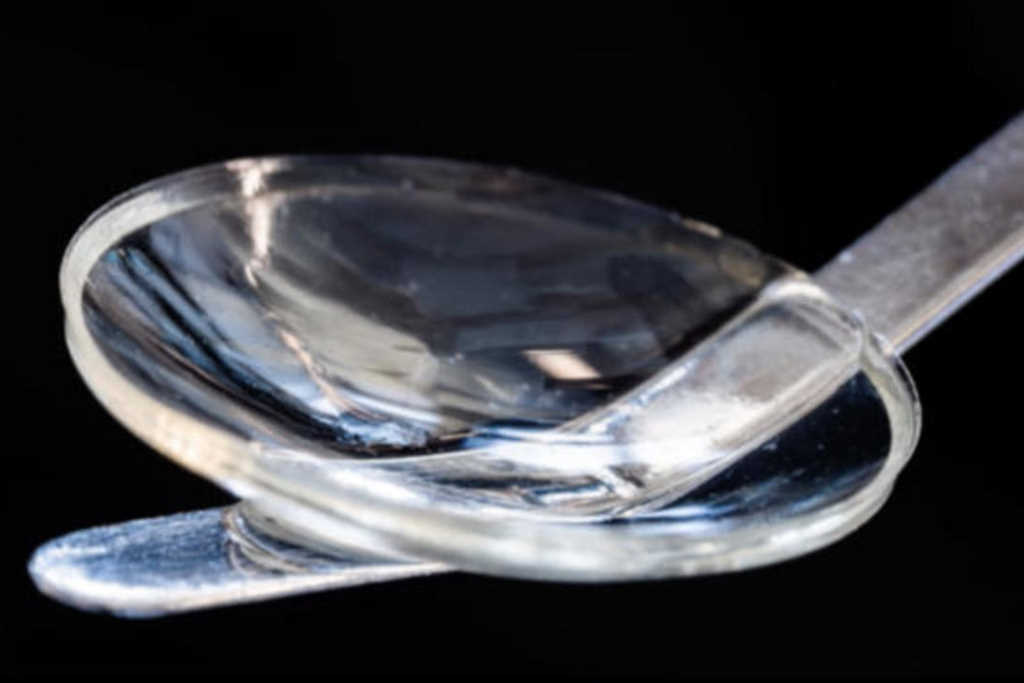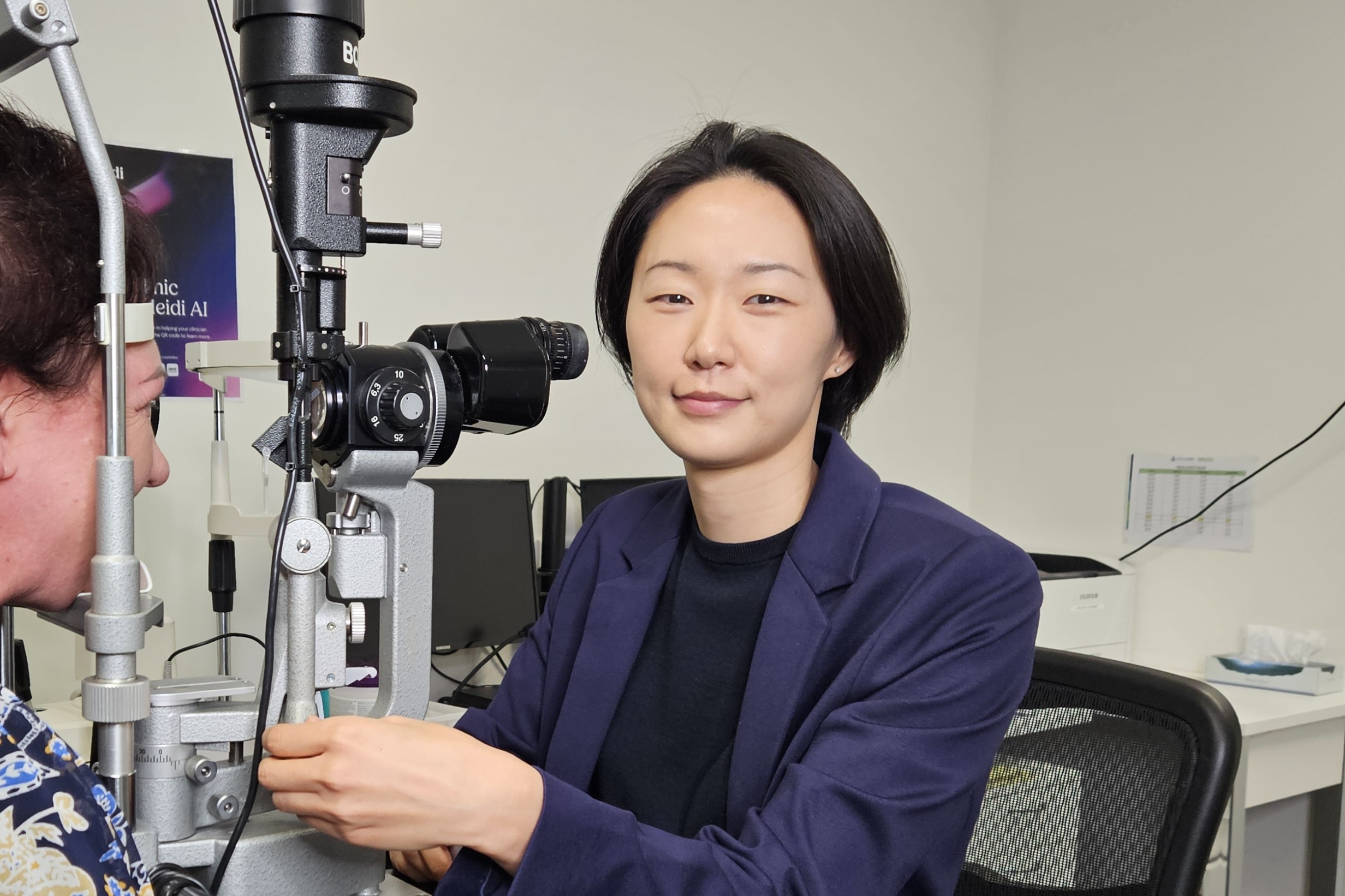Pig-skin-derived cornea restores sight
Swedish researchers have used a corneal implant made of pig-skin-derived collagen to restore vision to 20 advanced keratoconus patients, 14 of whom were legally blind and six who had severely impaired sight.
In the pilot study, published in Nature Biotechnology, researchers from Linköping University (LiU) and LinkoCare Life Sciences AB used waste pig skin from the food industry to develop porcine construct, double crosslinked (BPCDX), a robust transparent material, which was then implanted into 20 keratoconic patients in India and Iran.
Researchers reported positive results for all participants, with significant and stable corneal thickening and flattening of keratometry, maintenance of corneal transparency and improvement of best-corrected visual acuity (BCVA), including three formerly blind participants regaining full sight. An eight-week treatment with immunosuppressive eye drops prevented rejection of the implant and researchers noted no post-operative complications at two years. All of the study’s contact-lens-intolerant patients were subsequently able to wear them for extended periods.
Researchers also developed a new, minimally invasive and sutureless method for treating keratoconus. "The surgeon doesn't need to remove the patient's own tissue. Instead, a small incision is made, through which the implant is inserted into the existing cornea," said Professor Neil Lagali, an LiU researcher.
While donated corneas have a shelf-life of two weeks, the pig-skin bioengineered corneas can be stored for up to two years, which allows for greater use in more remote areas, he said. “This gets us around the problem of shortage of donated corneal tissue and access to other treatments for eye diseases."
For more, see www.nzoptics.co.nz/articles/archive/glazing-the-windows-to-the-soul
























